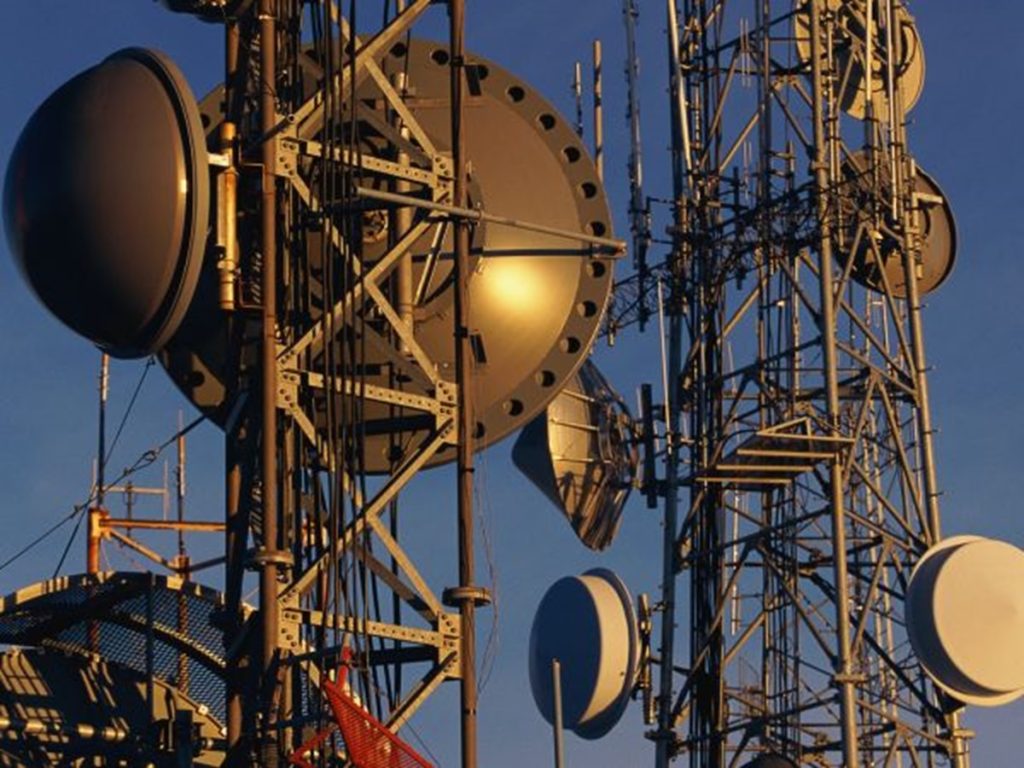African telecommunications companies are hurrying to build data centres powered by green energy as the demand for digital services on the continent increases, driven by the largest youth demographic in the world.
The continent has already established itself as a leader in mobile money, headlined by Kenya’s M-Pesa and various other mobile payment platforms, with 60% of the population using mobile devices to access the internet.
By the year 2025, an additional 167 million individuals in Sub-Saharan Africa are expected to subscribe to mobile services, totaling 623 million users, and the number of smartphone connections in the region is projected to more than double.
The International Finance Corporation (IFC) estimates that Africa’s Internet economy could account for 5.2% of the continent’s gross domestic product (GDP) by 2025, which would contribute nearly US $180 billion to its economy.
Leading telecommunications companies across the continent are capitalizing on this demand opportunity—encouraged by initiatives to digitize education, healthcare, agricultural services, and governance—by preparing data centre projects they claim will rank among the largest and most environmentally friendly in the region.
In its 2024 sustainability report, Kenya’s major telecom firm, Safaricom, has detailed plans to build three Tier 3+ scale data centres as a component of its long-term vision to evolve from a telecommunications business to Africa’s foremost purpose-driven technology enterprise by 2030.

“The facility is equipped with a 200 kWp rooftop solar PV plant, with plans to scale up to 2MWp. Additionally, we are exploring partnerships with renewable energy producers to further enhance our commitment to sustainability,” according to the sustainability report.
In June, MTN Nigeria announced it was building a 1,500-rack, Tier 4 data centre to play a pivotal role in meeting the growing data demands and digital needs of businesses and consumers in the country.
In a LinkedIn post, MTN Nigeria CEO, Karl Olutokun Toriola said the facility will be the largest in West Africa upon completion and will enable the telco to respond swiftly to market demands and support businesses in Nigeria.
“Ultimately, this centre will play a vital role in supporting Nigerian businesses to collaborate through cloud services, expand their capabilities, and thrive,” said Toriola.
”Our commitment to Environmental, Social, and Governance (ESG) principles is reflected in the data centre’s eco-friendly design to utilize efficient cooling systems and a combination of traditional energy sources, gas, and renewable energy,” he added.
After launching a multi-million data centre business, Nxtra by Airtel, in December 2023 the telco broke ground in March to what it termed as one of Africa’s largest data centres in Lagos, Nigeria- with plans for more across the continent.
“Through this business we aim to create one of the largest networks of data centres in Africa with high-capacity facilities in major cities complementing our existing sites. We’re taking great care to incorporate modern energy efficiencies into our operations,” said Airtel Africa’s Sustainability Report 2024.
Africa Data Centres Association also affirms the expansion of industry due to the increasing demand for such facilities throughout the continent-citing Kenya, Morocco and South Africa as fast-growing markets- abeit with a huge infrastructure gap to fill in.
“Africa needs up to 1000 MW and 700 facilities to meet demand and bring capacity density on a par with that of South Africa, the region’s leader,” according to Data Centres in Africa focus report 2024.
Africa, the report shows accounted for less than 2% of global colocation Data Centres supply, with over half that total located in South Africa.
“The development of data centres is picking up pace due to strong demand from economic operators, as well as increasing awareness that African countries must establish their digital sovereignty in an increasingly competitive and complex world,” said Ayotunde Coker, Chairman, Africa Data Centres Association.
Nigeria is listed in the data centres focus report as Africa’s largest digital economy with the internet contributing US$36.5 billion to its GDP, followed by South Africa(US$31.5 billion) and Egypt (US$26 billion).
Other large digital economies include Morocco(US$21.1 billion), Kenya(US$12.8 billion), and Algeria (US$11.9 billion).
Allied Market Research projects that the global market for DC provision will reach US$517.2 billion by 2030, up from an estimated of US$187.4 billion in 2020.
Conrad Onyango, bird story agency


